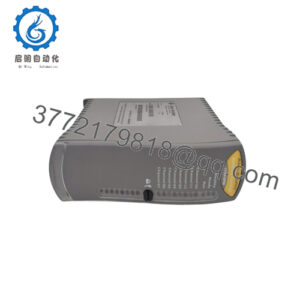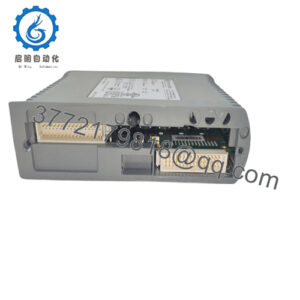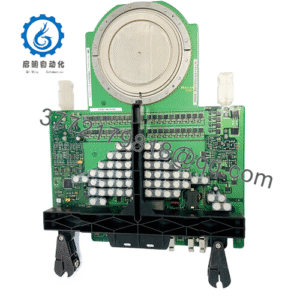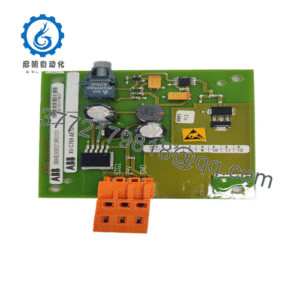Description
The Emerson 1C31169G02 is a Link Controller Module designed for integration with the Emerson Ovation Distributed Control System (DCS). It provides a highly reliable serial data communication interface between the Ovation control system and third-party devices or systems. This module is critical in industrial automation environments such as power plants, water treatment facilities, and manufacturing plants where seamless and versatile data exchange is essential for system interoperability and effective process control.
The 1C31169G02 supports multiple serial communication protocols, including RS-232, RS-485, and Modbus, making it adaptable to a broad range of industrial devices and applications. Its capability to handle up to two serial ports simultaneously enables concurrent communication with multiple equipment, enhancing control system flexibility. This makes it an essential component for engineers and system integrators seeking to extend control system connectivity beyond proprietary devices.
Functionally, the Emerson 1C31169G02 acts as a serial link controller that bridges the Ovation control network with external hardware, enabling two-way data transfer through robust serial connections. It is software-configurable, allowing tailored communication parameters to fit specific application requirements. LED indicators on each serial port provide visual status feedback, aiding maintenance and troubleshooting.
The module enhances system reliability by offering consistent, high-speed communication at up to 115.2 kbps, reducing latency in critical control operations. Its compact form factor fits easily into control cabinets, and its durable design ensures it withstands demanding industrial conditions. The 1C31169G02 integrates seamlessly into the Ovation ecosystem, expanding data access and control capability across complex industrial automation frameworks.
Key technical features of the 1C31169G02 include support for RS-232, RS-485, and Modbus protocols with data transfer speeds of up to 115.2 kilobits per second. It provides two serial ports, allowing simultaneous interfacing with multiple devices. The module measures approximately 130 mm x 100 mm x 70 mm and weighs about 0.5 kilograms, making it compact and lightweight for efficient installation.
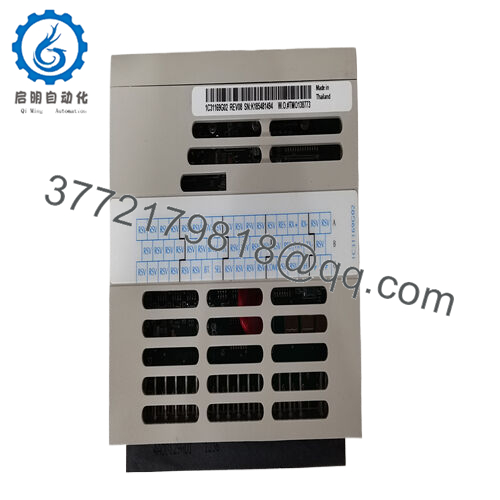
- 1C31169G02
Operating temperature ranges from -40°C to +85°C, enabling robust performance in challenging industrial environments. The module supports software-configurable settings, making it flexible for various communication architectures. LED indicators deliver real-time visual status updates for each port to facilitate monitoring and downtime reduction.
| Parameter | Value |
|---|---|
| Model | 1C31169G02 |
| Brand | Emerson |
| Product Type | Link Controller Module |
| Communication Protocols | RS-232, RS-485, Modbus |
| Number of Ports | 2 |
| Data Transfer Rate | Up to 115.2 kbps |
| Operating Temperature | -40°C to +85°C |
| Dimensions | 130 mm x 100 mm x 70 mm |
| Weight | Approx. 0.5 kg |
| Indicators | LED status indicators per port |
| Mounting | Control cabinet/enclosure mount |
| Application | Serial link communication in Ovation DCS |
Related Emerson Ovation modules compatible with the 1C31169G02 include:
1C31203G01 – Remote Node Controller for managing remote I/O communications.
1C31204G01 – Variant with fiber optic communication support.
1C31219G01 – Relay output module expanding digital output capacities.
1C31224G01 – Analog input module for current and voltage measurements.
1C31192G01 – Speed detector personality module complementing monitoring functions.
Installation of the Emerson 1C31169G02 requires secure mounting within well-ventilated control cabinets or enclosures to protect from dust, moisture, and vibration. Proper shielded cabling for serial ports is necessary to minimize electromagnetic interference, and grounding should comply with industry standards to ensure signal integrity and operational safety.
Maintenance includes regular checks of wiring and connector integrity, firmware and software updates as recommended, and monitoring communication status via Ovation tools. LED indicators facilitate quick diagnostics of port status, helping reduce troubleshooting time and ensure continuous communication reliability.

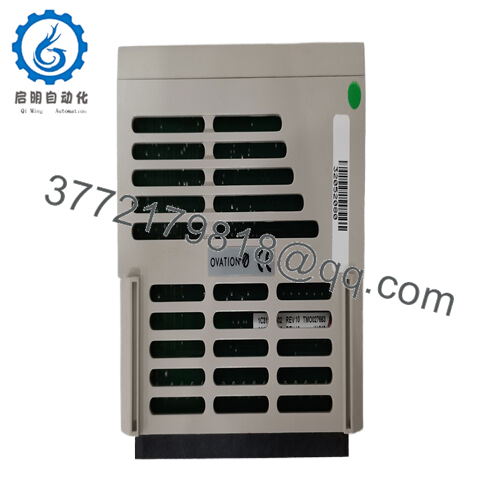
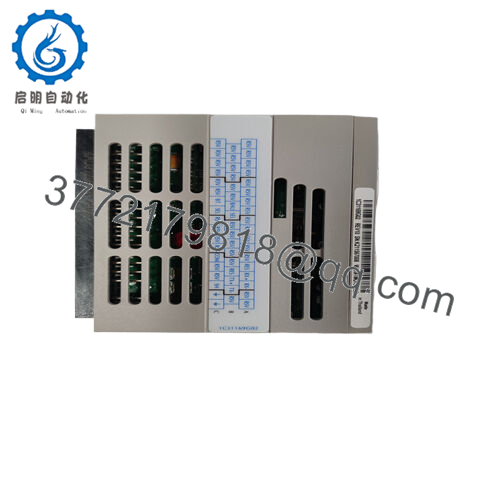
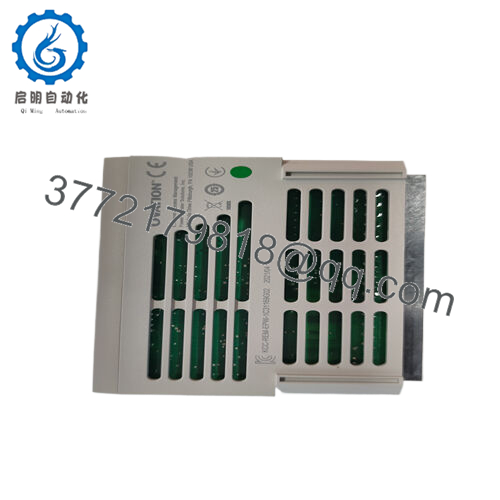
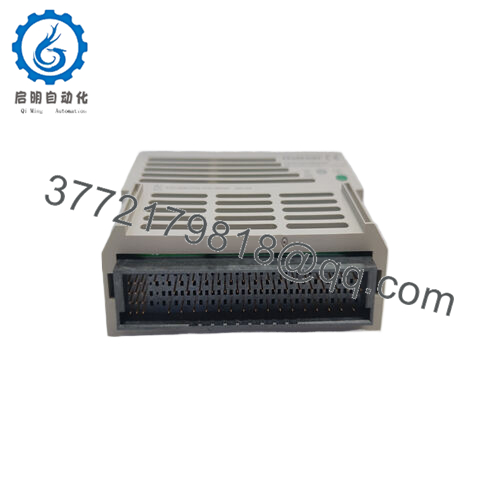
 WhatsApp: +86 16626708626
WhatsApp: +86 16626708626 Email:
Email:  Phone: +86 16626708626
Phone: +86 16626708626